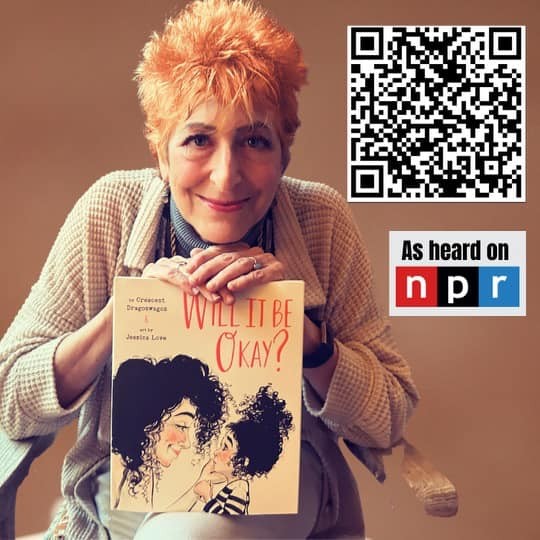Alright – so today we’ve got the honor of introducing you to Crescent Dragonwagon. We think you’ll enjoy our conversation, we’ve shared it below.
Hi Crescent, thanks for joining us today. Learning the craft is often a unique journey from every creative – we’d love to hear about your journey and if knowing what you know now, you would have done anything differently to speed up the learning process.
How did you learn to do what you do?
I am still, ever and always learning how to do what I do, which is write. And the best way to learn about writing is by writing. The act itself, over time, teaches you. Though I’m not a major Hemingway fan, he nailed when he said writers “…are all apprentices in a craft where no one ever becomes a master.” That said, I also read continuously, and critically — for enjoyment but also to learn; mostly memoir, but also fiction, non-fiction (especially books on the craft and process of writing). When I get to accomplished in one genre, I often explore another — there is an intoxication that comes in doing something that is scary to you, which means, for me, diving into a new form.
Thus, though I had 54 traditionally published books out (the majority cookbook-memoirs and children’s books, I wrote my first play at age 65. It was performed at the New Play Festival in 2017.
What skills do you think were most essential?
The desire to write, which is not a skill but a practice. The desire to do it, to write and write well, and explore and integrate the world and myself through writing, was bigger than the fear and difficulties, outer and inner, which always show up along the way.
What obstacles stood in the way of learning more?
There is never an obstacle to learning more except self-doubt/fear. Now, there may be marketplace difficulties (generating income from what you love, finding readers, keeping social media from being the black mold of your creative time) but they are not obstacles to learning.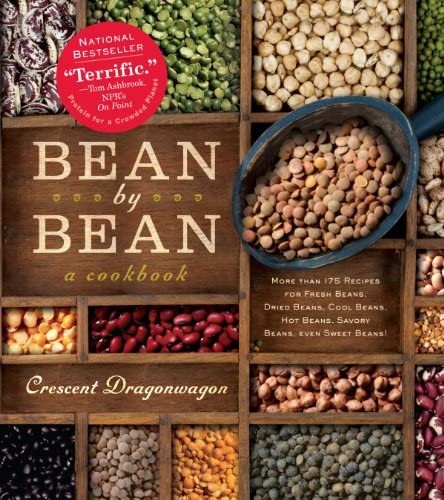
As always, we appreciate you sharing your insights and we’ve got a few more questions for you, but before we get to all of that can you take a minute to introduce yourself and give our readers some of your back background and context?
Possibly the real gift is that I always knew that writing was what I wanted to do, and so I just kept going, no matter what inner and outer difficulties came up along the way.
My first two books were accepted for publication in 1969, when I was 16; my two most recent publications, WILL IT BE OKAY? and DAIRY HOLLOW HOUSE SOUP & BREAD were in 2022. Coincidentally, in both cases one was a children’s book and one a cookbook. In between, I published poetry, essays and magazine articles (for part of my career you could make a good living in that now-extinct form). I wrote one biography, two novels, contributed to anthologies. Whatever form or topic obsessed me at any given time, I followed it, with passion and determination. I was and still am always willing to do draft after draft until I discover what I am saying and say it clearly and, I hope, engagingly, in a way that serves or delights readers, perhaps making the reconsider the topic. I have published short or long pieces on such varied topics as Stevie Wonder, beans, suicide, widowhood, grief, and why a native New York boho wound up living in Arkansas.
In addition, I am the daughter of the children’s book writer and editor Charlotte Zolotow, who died in 2013. I serve as her literary executor. Currently, maybe a sixth of my work time goes to this. Collaborating with a dead person is interesting: surprising, perplexing, a privilege.
I feel a need to pass on to fellow writers and colleagues what I live and have learned, and to help give the gift of uninterrupted time in solitude (which is where all writing comes from — we are all glutted on information, incoming news data etc — but writing is “exformation”, what we do with all that).
Thus, I teach online workshops (Fearless Writing™ and Tuesdays with Crescent; in addition, because how you use your time is a huge part of being successfully and gratifyingly self-employed in the arts, Left Brain Planning for Right Brain People™). Thus, too, I co-founded a non-profit organization, The Writers’ Colony at Dairy Hollow, in Eureka Springs, Arkansas. I am no longer involved directly, but it is going strong and serving writers 23 years later.
I feel the need to add that I have a learning disability, dyscalculia, which is like dyslexia but with numbers. Thus, I have almost no formal education; I am a high school dropout. I am fortunate that somehow, I was given the compensatory gift of writing, and the drive to pursue it.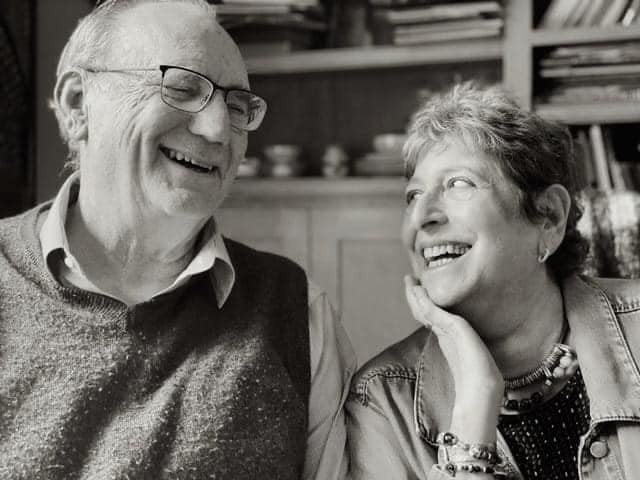
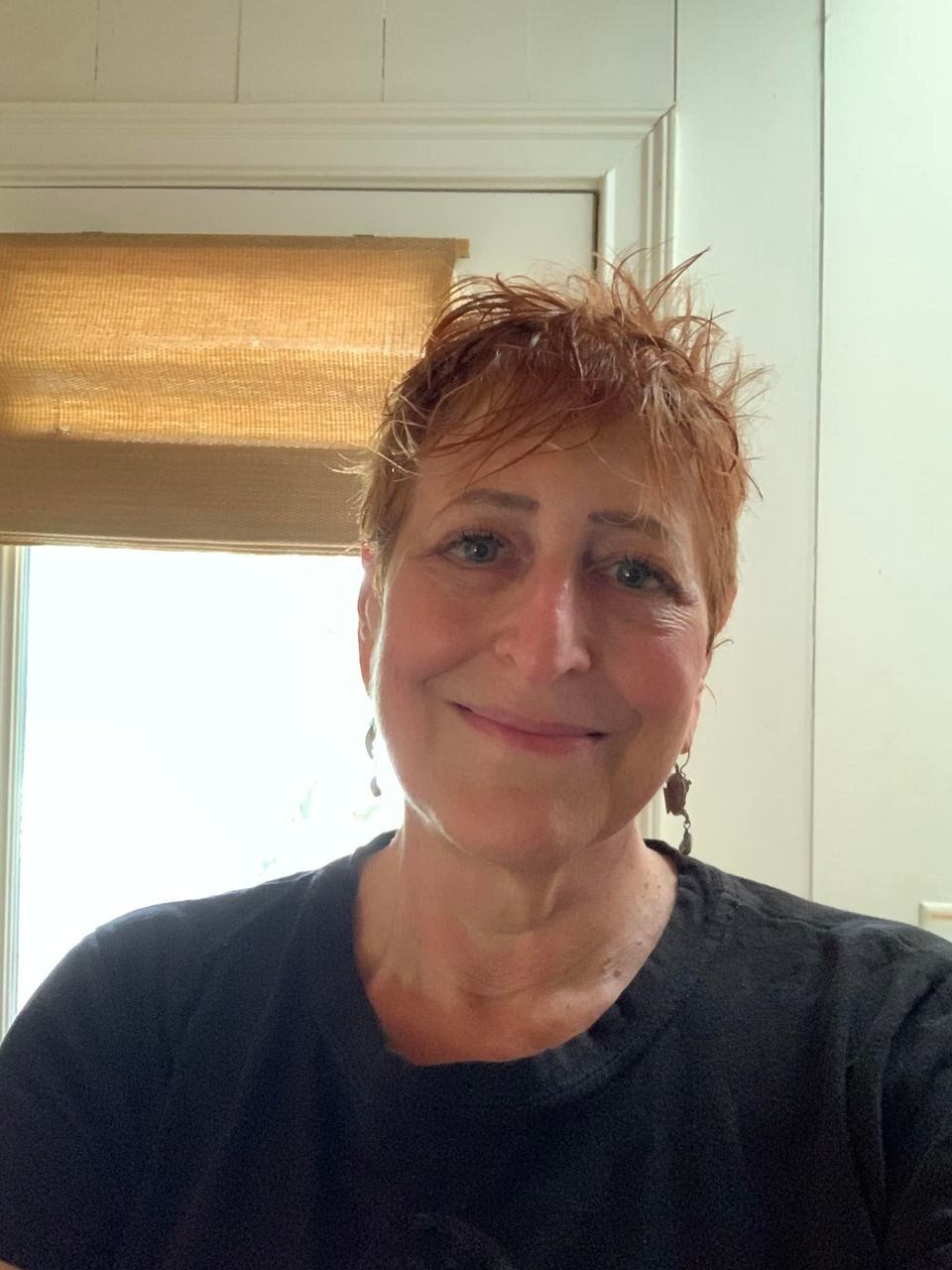
How can we best help foster a strong, supportive environment for artists and creatives?
Offer places where uninterrupted time to work is provided and respected. Pay us fairly.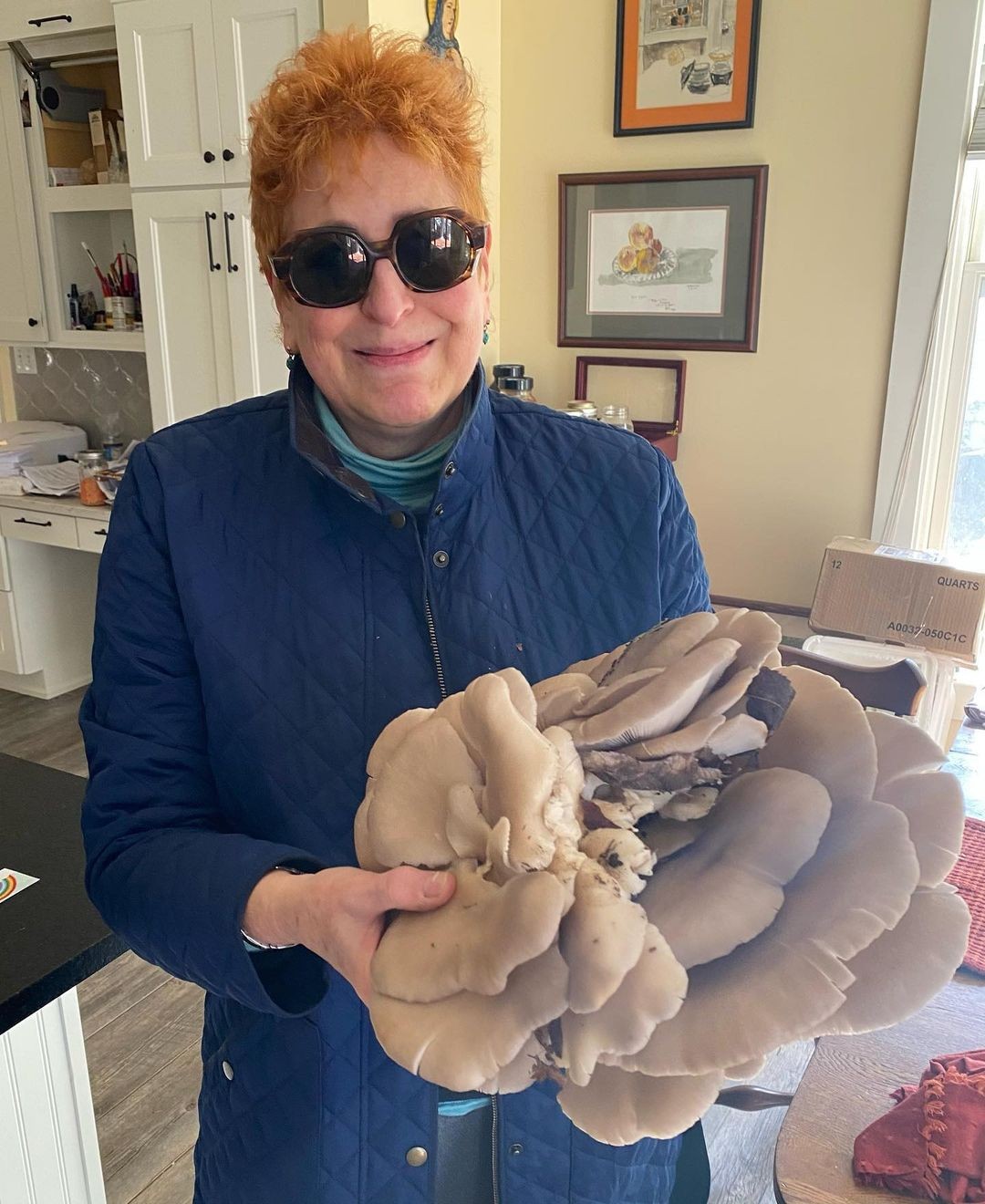
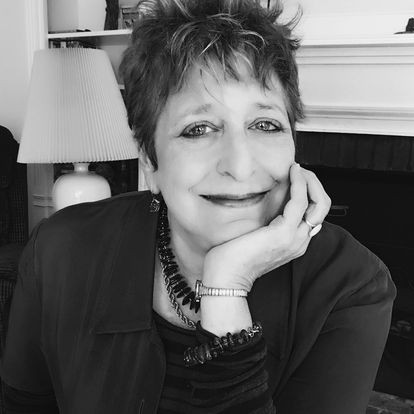
Let’s talk about resilience next – do you have a story you can share with us?
My late and much-loved husband, the writer-artist-historic preservationist for Ned Shank, used to go out three times a week on a long bicycle ride.
One day, just after I had turned 46 and he was 44, instead of coming home to me, he collided with a pick-up and, instead of coming home, bicycled into eternity.
The suddenness of his departure, the long, long quiet that is grief — you send out your accustomed signals in life and conversation to someone who is no longer there, so nothing comes back to you, those signals just continue out into the universe — threw me through the windshield just as much as it did him, though not physically.
I didn’t check out.
I kept writing.
Eventually, late in life, I remarried, happily.
I sometimes say that I am a happy soul who lives over an aquifer of grief.
I believe that “begin again” are probably the two most sacred and directive words in the language.
No one’s life is without some hardship; over time, few of us escape not just hard stuff but outright tragedy, betrayal. To understand this, experience it, and keep going in the very short span that is our very limited life, is to be worthy of the privilege (sometimes dubious-feeling) of having been born.
To then find a way to express your experience and understanding as only you can is perhaps your price of admission to meaning.
As choreographer Martha Graham said, “There is a vitality, a life force, an energy, a quickening that is translated through you into action, and because there is only one of you in all time, this expression is unique. And if you block it, it will never exist through any other medium and will be lost.”
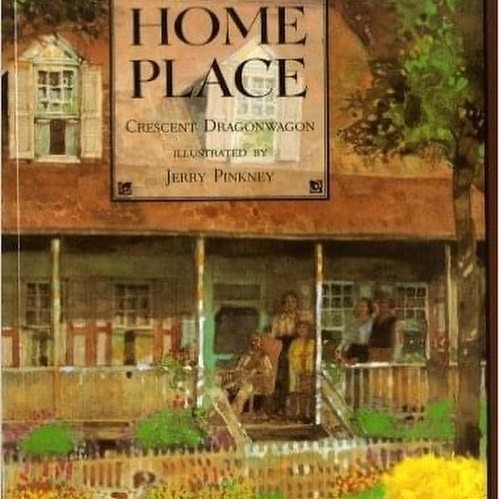
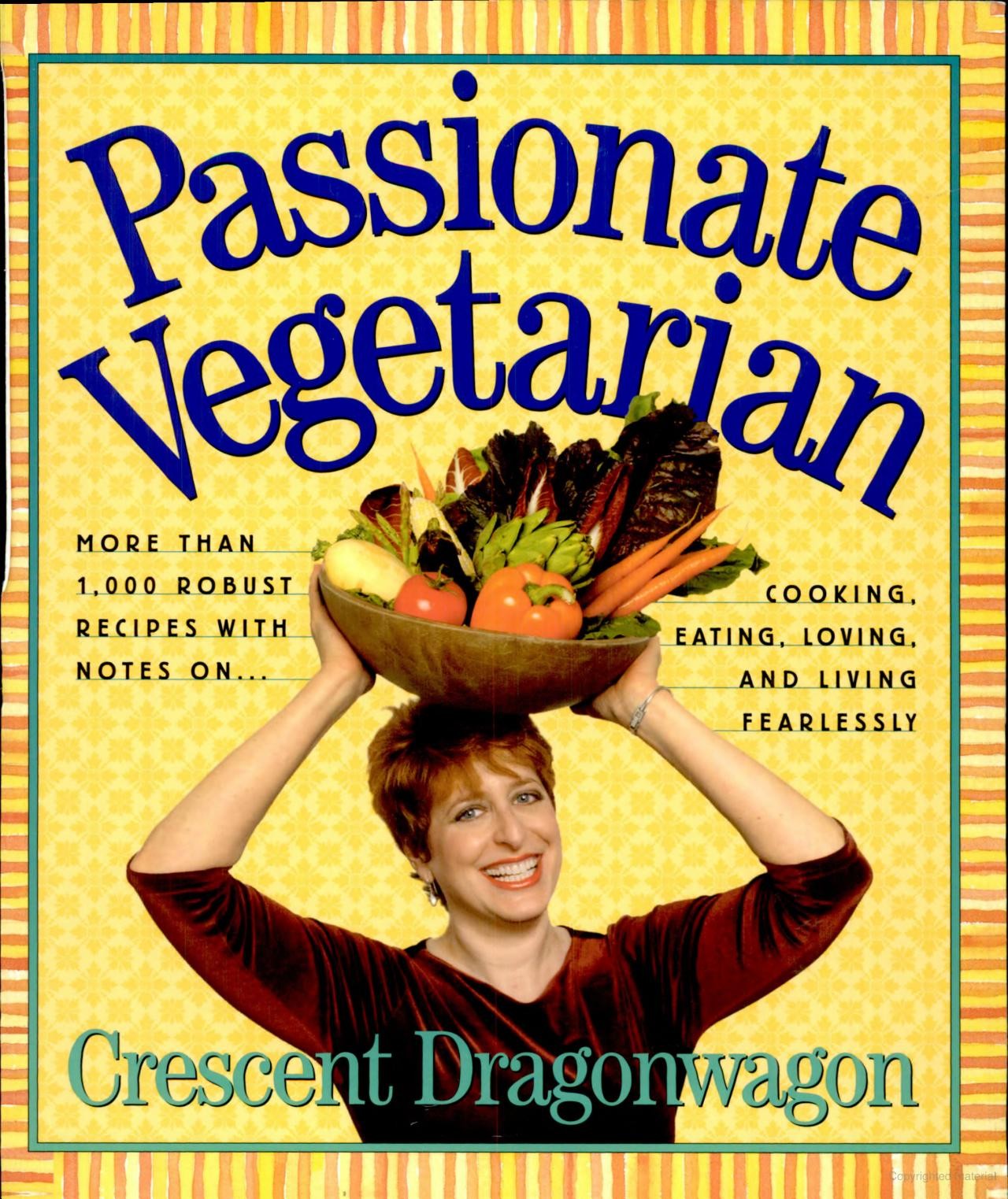
Contact Info:
- Website: www.dragonwagon.com
- Instagram: cdragonwagon
- Facebook: Crescent Dragonwagon’s Fearless Writing; Crescent Dragonwagon
- Youtube: @Crescent_Dragonwagon; also : https://www.youtube.com/watch?v=-NAWGSm-ZdI&t=762s … a real treat of an interview with my late father, a Hollywood biographer.
- Other: www.writerscolony.org
Image Credits
Sweetie Berry, Getty Media


